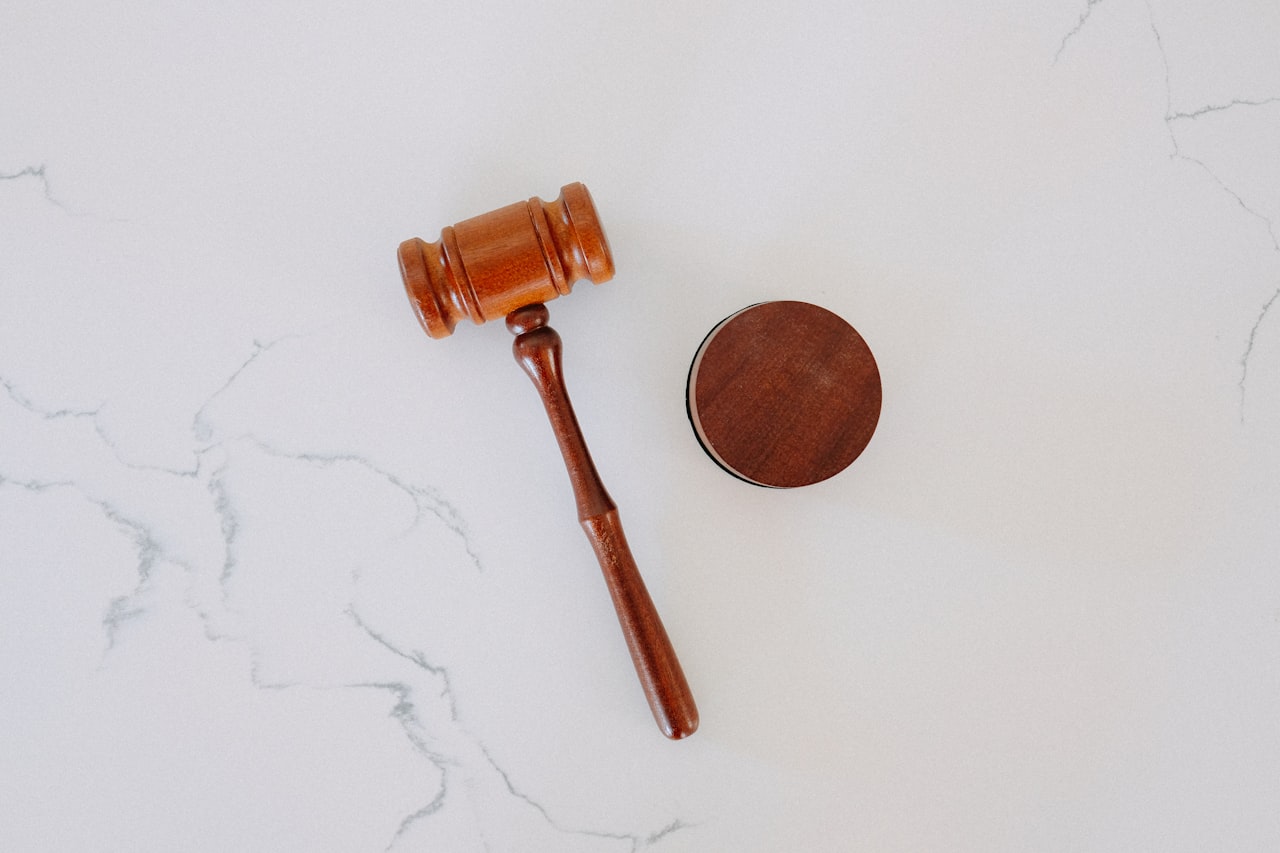Purchasing a home can be an exciting time, but it also comes with many costs. One of the expenses that home buyers may not be aware of are closing costs. In this blog post, we'll explain what closing costs are and how much they typically are.
Closing costs are fees that are associated with the purchase of a home. They are typically paid at the time of closing and can include a variety of expenses such as lender fees, title fees, and appraisal fees. The specific fees that are included in closing costs can vary depending on the lender and location of the property.
Some of the most common closing costs include:
-
Loan origination fees: This is a fee that is charged by the lender to process and underwrite the loan. It can typically range from 0.5% to 1% of the loan amount.
-
Appraisal fees: This fee is charged by the lender to have an appraisal done on the property. The cost can range from $300 to $500 depending on the location of the property.
-
Title fees: These fees include the cost of a title search, title insurance, and other associated fees. The cost can range from $500 to $1,500 depending on the location of the property.
-
Home inspection fees: This is a fee that is charged by a home inspector to perform a thorough inspection of the property. The cost can range from $300 to $500.
-
Attorney fees: In some states, it is required to have an attorney present at closing. The cost can range from $500 to $1,500.
In addition to these fees, there may be other expenses such as prepaid property taxes, prepaid homeowners insurance, and escrow fees.
So how much can you expect to pay in closing costs? The average closing costs for a home purchase are typically between 2% to 5% of the purchase price. For example, if you purchase a home for $300,000, you can expect to pay between $6,000 to $15,000 in closing costs.
It's important to note that closing costs can vary widely depending on the location of the property and the specific fees that are included. Some lenders may offer a "no-closing-cost" option, but this typically means that the closing costs are rolled into the overall cost of the loan, resulting in a higher monthly mortgage payment.
In conclusion, closing costs are an important expense to consider when purchasing a home. While they can add a significant amount to the overall cost of the purchase, they are necessary to complete the transaction. It's important to work with a knowledgeable lender and real estate agent who can help you understand the costs associated with the purchase of a home.




